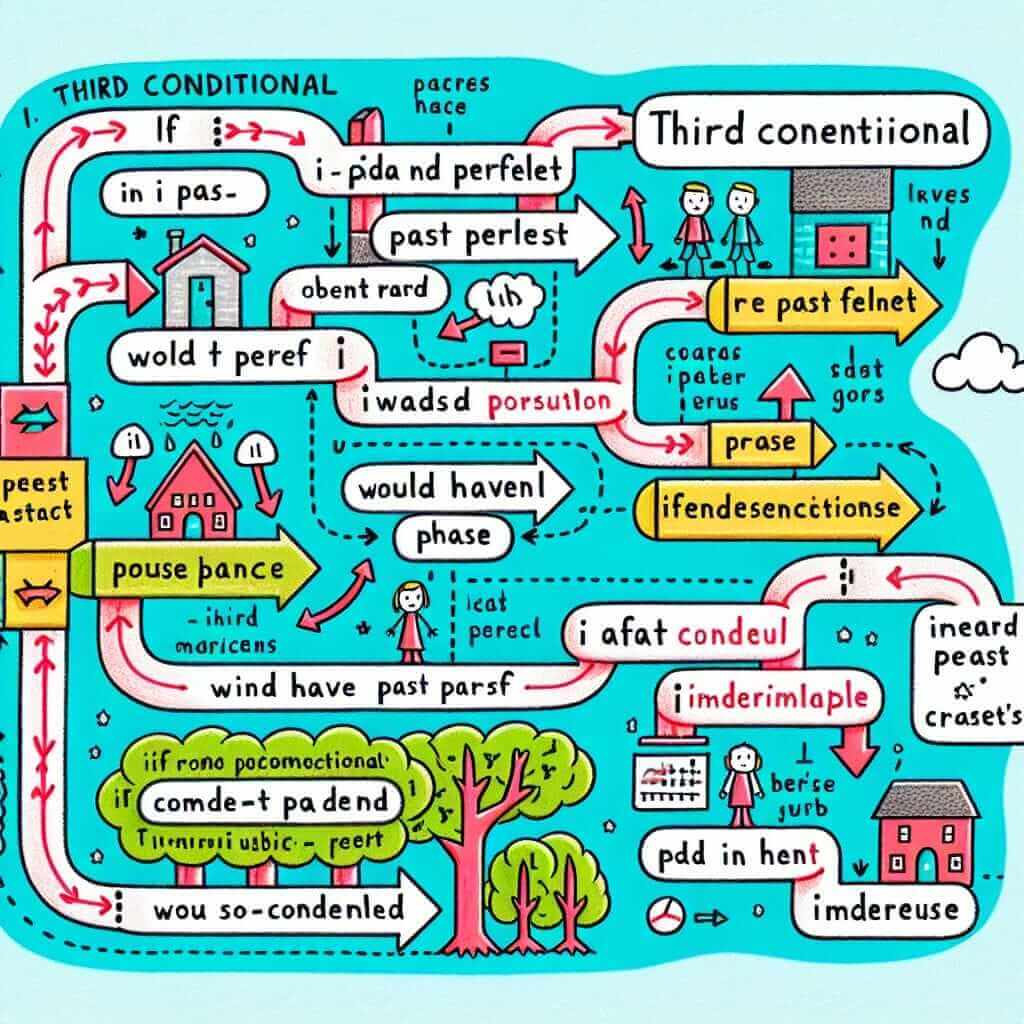The phrase “Had we anticipated this, we would have planned differently” is a prime example of the third conditional, a grammatical structure used to express hypothetical situations in the past and their imagined consequences. Understanding this structure is essential for achieving a Band 7 or higher in the IELTS, as it demonstrates a strong command of complex grammar.
Here are a few examples of how the third conditional might appear across different sections of the IELTS:
Speaking (Part 3): “Do you think people are more prepared for natural disasters today than they were in the past?”
Answer: “Perhaps, but had we invested more in early warning systems decades ago, we might have seen fewer casualties from recent events.“
Writing (Task 2): “Some argue that learning from the past is irrelevant in today’s rapidly changing world. To what extent do you agree or disagree?”
Essay excerpt: “Had previous generations fully grasped the environmental consequences of their actions, we might not be facing the climate crisis we see today. It is precisely by understanding past mistakes that we can create a better future.”
Listening (Section 4): A lecture on urban planning might include the sentence: “If the city council had considered the long-term impact of their decision, they wouldn’t have approved the construction project in the first place.“
Let’s delve into the intricacies of the third conditional and explore how you can effectively incorporate it into your IELTS responses.
Understanding the Third Conditional
The third conditional is used to talk about events that did not happen in the past and the hypothetical results that also did not occur. It allows us to explore alternative pasts and their potential outcomes. This is different from the second conditional, which focuses on hypothetical situations in the present or future.
Form and Structure:
The third conditional follows this structure:
If + past perfect, … would have + past participle
OR
Had + subject + past participle, … would have + past participle
- “If clause” (condition): This clause outlines the hypothetical past event.
- Example: If we had studied harder…
- “Main clause” (result): This clause describes the imagined consequence of the hypothetical event.
- Example: …we would have passed the exam.
Usage in IELTS:
- Expressing regret or criticism: “Had the government acted sooner, the economic crisis could have been averted.”
- Analyzing past events: “If the explorers had possessed accurate maps, they might have reached their destination.”
- Speculating on alternative outcomes: “Had I chosen a different career path, perhaps I would have been happier, but who can say for sure?”

Mastering the Third Conditional for a Higher Band Score
Using the third conditional showcases your ability to handle complex grammatical structures, which is a key factor in achieving a higher band score. Here’s how to use it effectively:
- Accuracy: Ensure your verb tenses are correct in both clauses. Using the wrong tense is a common mistake that can lower your grammar score.
- Variety: Instead of always starting with “if,” use the inverted form (“Had I known…”) to demonstrate flexibility and sophistication.
- Conciseness: Avoid wordiness. The third conditional is already a complex structure, so keep your sentences clear and to the point.
Example:
Basic: If the team had practiced more, they would have won the championship.
Advanced: Had the team dedicated themselves to rigorous training, a championship victory would have been within their grasp.
Common Mistakes and How to Avoid Them:
-
Incorrect tense sequence:
- Incorrect: If I had studied harder, I will pass the exam.
- Correct: If I had studied harder, I would have passed the exam.
-
Using “would” in the “if” clause:
- Incorrect: If I would have known, I would have come earlier.
- Correct: If I had known, I would have come earlier.
-
Overusing the third conditional: While it’s valuable to demonstrate your grammatical range, using it excessively can make your writing sound unnatural.
Conclusion
The third conditional is a powerful tool for expressing hypothetical situations in the past. By understanding its structure, using it accurately and with variety, and avoiding common errors, you can effectively incorporate this grammatical structure into your IELTS responses and boost your chances of achieving your desired band score.